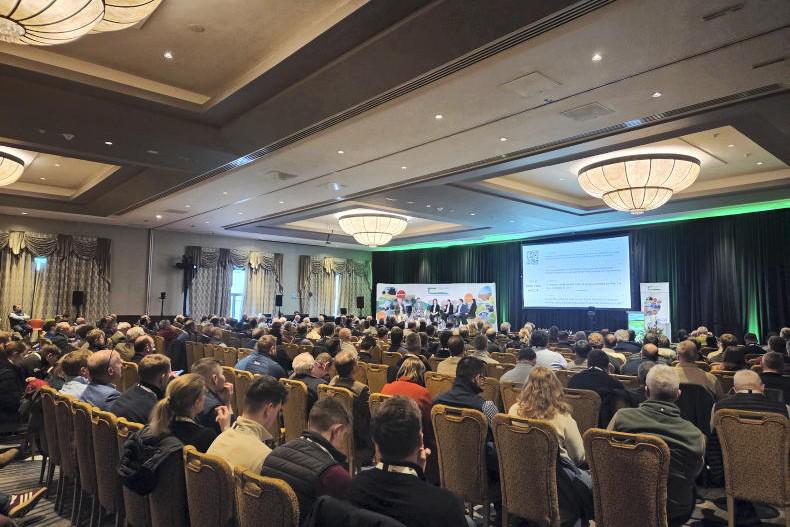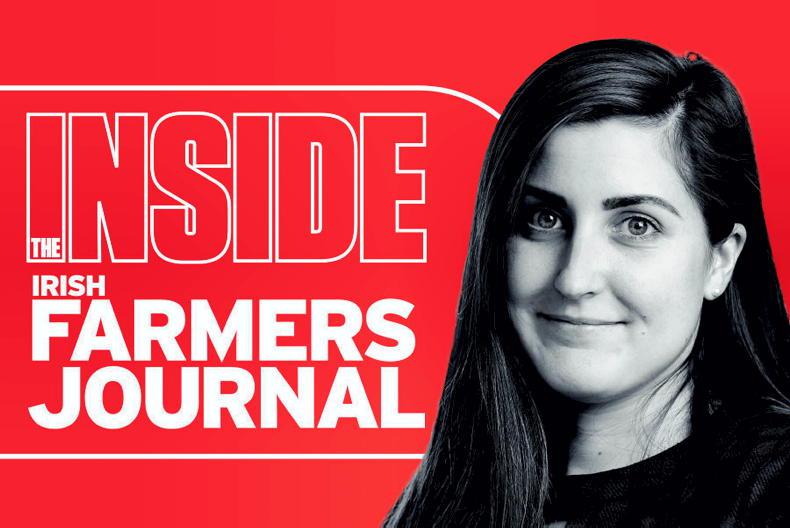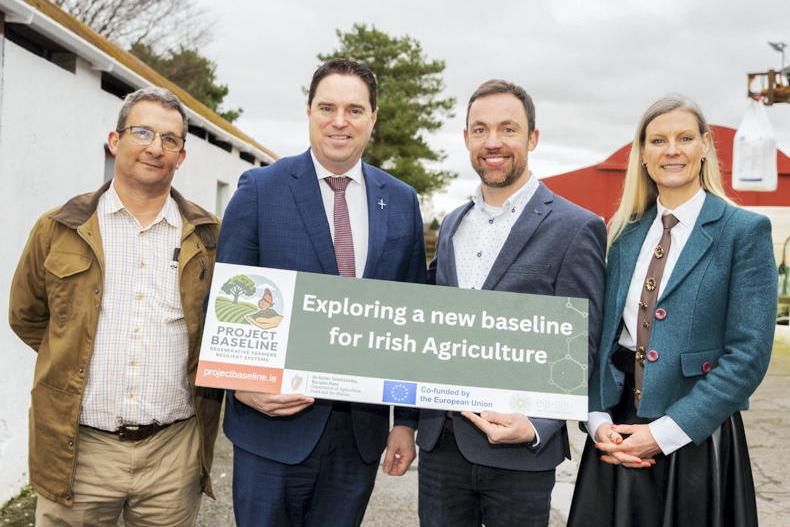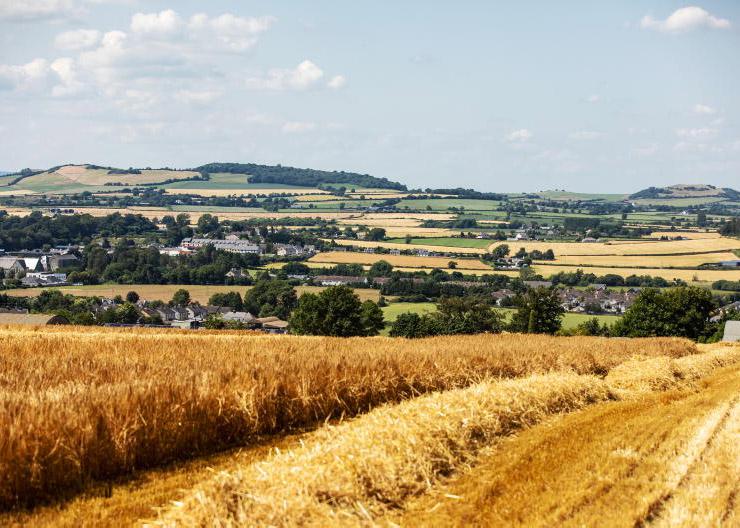The Department of Agriculture stressed a couple of key take-home messages on the changes proposed to schemes in the draft CAP strategic plan in the first of its farmer information meetings held in Mullingar on Thursday.
The plan has been sent to the European Commission for approval. The first comments on the document are expected from Brussels in early April, with the Department hopeful to have the details of schemes finalised by September.
As these exact details have not yet been finalised, any commentary around the schemes proposed in the plan was delivered with the caveat that these details could be subject to change.
The Basic Payment Scheme in 2022 will proceed in a “business as usual” scenario, the Department reminded farmers.
Stocking rates
A key take-home message from the meeting was that of the minimum stocking rate requirements for schemes in 2023 and beyond.
This year - 2022 - will be used to assess the stocking rate eligibility criteria of each holding for entry into post-2022 schemes.
The significance of the Department’s recent revision of the livestock unit coefficients - the livestock units apportioned to each animal type - was also emphasised to farmers and is explained here.
The downward revision of the minimum stocking rate required for eligibility was discussed by the speakers, with the lower limit to be set at 0.1LU/ha for the next round of CAP schemes to keep eligibility set at one ewe/ha.
Entitlement changes
The value of all entitlements is set to change and there will be no new entitlements created in 2023.
Proposed changes to the new CAP will see the Department’s current 20% clawback of entitlements sold without land suspended for 2023 and 2024.
This will be intended to allow those who wish to exit farming to do so, allowing for generational renewal within the sector.
The current 20% clawback will be reduced to 10% after this two-year break for farmers leasing their entitlements for less than five years.
Should a farmer enter into a longer-term lease of five years or more with over 80% of their entitlements, no clawback will apply.
Active farmer
The Department will carry out checks around February 2023 - as farmers apply to the Basic Income Support for Sustainability (BISS) scheme, the Complementary Redistributive Income Support for Sustainability (CRISS) and eco schemes - to ensure that applicants are actively farming.
Farmers may be asked to provide the Department with receipts to prove they meet the new definition of an active farmer.
In cases where lands on an application are located a significant distance away from the main land block or the farmer's residence, the farmer may have to clarify how they actually manage this land.
It is understood that the minimum proposed threshold for active farming will be that of a management activity being carried out at least every two years.
Organic opportunities
Senior inspector in the Department’s organic division Jack Nolan reminded farmers that applying to the Organic Farming Scheme is an option worthy of consideration given rising input costs.
This year’s organic scheme will remain open for applications until 8 April and next year’s scheme, which will run within the 2023-2027 CAP, will open at the end of this year for those who did not apply for the current scheme.
According to Nolan, the tranche of the organic scheme currently open is likely to be undersubscribed, meaning that every eligible applicant appears likely to get accepted into the scheme.










SHARING OPTIONS